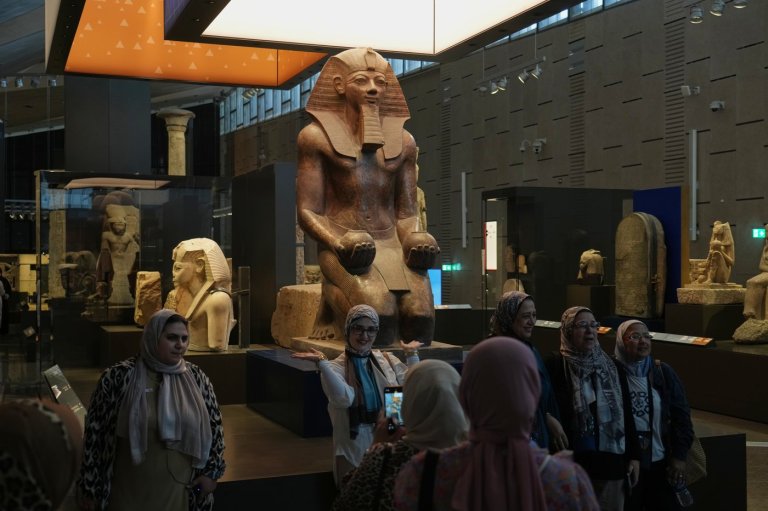Review: Nouvelle Vague’s new album mixes covers, originals

Nouvelle Vague, “I Could Be Happy” (Kwaidan Records)
Nouvelle Vague’s “I Could Be Happy” adds the novelty of self-written tunes to the band’s usual relaxed covers from superior rock and pop catalogues.
Songs from The Ramones, The Cure and others get radical makeovers. The surgeries are partially successful — the wrinkles are gone but so are some of the songs’ rawness and quirkiness.
The French band — Marc Collin and Olivier Libaux with several singers — has always shown impeccable taste and even fearlessness in the choice of punk and new wave covers, from The Clash and Buzzcocks to XTC and The Cramps.
There is no faulting their current selections, either, as Richard Hell’s “Love Comes in Spurts,” Altered Images’ “I Could Be Happy” and the Cocteau Twins’ “Athol Brose” are all great and far from predictable.
The problem, using “Love Comes in Spurts” as the example, is that instead of the tension in Hell’s vocals and attack of Robert Quine’s razor guitar there are obnoxious party sounds and a Catwoman-like narration.
The Cure’s “All Cats Are Grey” works best. Melanie Pain’s voice, backed by accordion and xylophone sounds, reflects some of the original’s mystery and despair. Brian Eno’s experimental “No One Is Receiving” is also fun, Nadeah Miranda’s singing loosening up Eno’s drone but retaining its drive.
Four originals in three languages in the band’s familiar styles close out the album, with “Algo Familiar” and “La Pluie Et Le Beau Temps” the best of the bunch.
Join the Conversation!
Want to share your thoughts, add context, or connect with others in your community?
You must be logged in to post a comment.

















